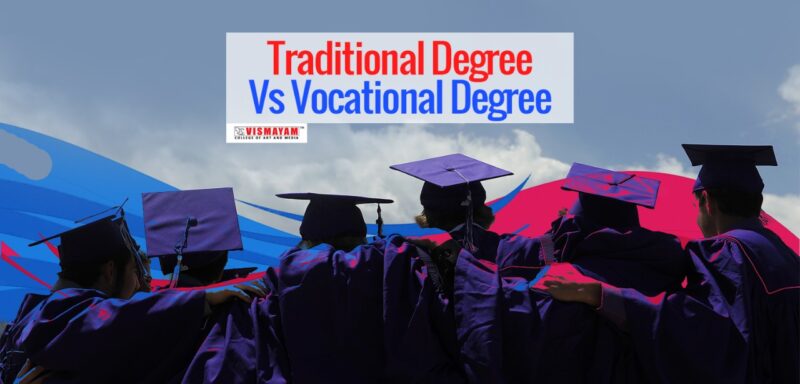In today’s rapidly evolving job market, the debate between traditional university education and applied education is more relevant than ever. As students navigate their educational paths, many find themselves grappling with the question: Which approach is better for their future? While university education offers a broad theoretical foundation, applied education emphasizes practical skills and hands-on experience. This blog explores the strengths and weaknesses of both educational models, helping students make informed decisions about their futures. 📚✨
The Case for University Education 🎓
University education has long been regarded as the gold standard for higher learning. It provides students with a comprehensive understanding of their chosen field, often delving into theoretical concepts, research methodologies, and critical thinking skills. Here are some key benefits of a university education:
1. Broad Knowledge Base 🌍
University programs typically cover a wide range of subjects, allowing students to develop a well-rounded understanding of their field. This broad knowledge base can be invaluable in today’s interdisciplinary work environments.
2. Critical Thinking and Analytical Skills 🧠
University education emphasizes critical thinking, analytical reasoning, and problem-solving skills. These competencies are essential for navigating complex challenges in the workplace and can set graduates apart in competitive job markets.
3. Networking Opportunities 🤝
Attending a university often provides students with access to a vast network of alumni, professors, and industry professionals. These connections can lead to internships, job opportunities, and mentorship, which are crucial for career advancement.
4. Higher Earning Potential 💰
Statistically, university graduates tend to earn higher salaries over their lifetimes compared to those with only a high school diploma or applied education. This financial incentive can be a significant factor for many students.
The Appeal of Applied Education 🔧
On the other hand, applied education focuses on practical skills and real-world experience. Programs such as vocational training, apprenticeships, and technical schools prioritize hands-on learning, preparing students for specific careers. Here are some advantages of applied education:
1. Immediate Job Readiness 🚀
Applied education equips students with the practical skills needed to enter the workforce immediately. Graduates often feel more confident in their abilities to perform job-related tasks, making them attractive candidates for employers.
2. Less Time and Cost ⏳💵
Many applied education programs are shorter in duration and less expensive than traditional university degrees. This can be a significant advantage for students looking to enter the workforce quickly without incurring substantial debt.
3. Focus on Industry Needs 🏭
Applied education programs are often designed in collaboration with industry professionals, ensuring that the curriculum aligns with current job market demands. This relevance can lead to higher employability rates for graduates.
4. Hands-On Experience 🛠️
Students in applied education programs typically engage in hands-on training, internships, or apprenticeships, allowing them to gain practical experience and build confidence in their skills.
The Confusion of Novice Students 😕
One of the challenges faced by novice students in university settings is the overwhelming amount of information and the abstract nature of many courses. This can lead to confusion and uncertainty about their career paths. In contrast, students in applied education programs often have a clearer understanding of their goals and the skills they need to achieve them.
However, it’s essential to recognize that both educational paths have their merits and can lead to successful careers. The choice between university education and applied education ultimately depends on individual goals, learning styles, and career aspirations.
Finding the Right Fit 🔍
For students unsure about which path to take, consider the following steps:
Assess Your Interests and Goals 🎯: Reflect on your career aspirations and the skills you want to develop. Are you more interested in theoretical knowledge or hands-on experience?
Research Programs 📖: Look into various educational programs, including universities, vocational schools, and apprenticeships. Consider factors such as curriculum, duration, cost, and job placement rates.
Seek Guidance 🗣️: Talk to professionals in your desired field, academic advisors, and current students. Their insights can help you make a more informed decision.
Consider Hybrid Options 🔄: Some institutions offer hybrid programs that combine theoretical learning with practical experience. These can provide the best of both worlds.
Conclusion 🎉
In the end, there is no one-size-fits-all answer to the question of whether university education or applied education is better. Each path has its unique advantages and challenges, and the right choice depends on individual circumstances and career goals. By carefully considering your options and seeking guidance, you can find the educational path that best aligns with your aspirations, ultimately leading to a fulfilling and successful career. 🌟🚀

Comments
Post a Comment